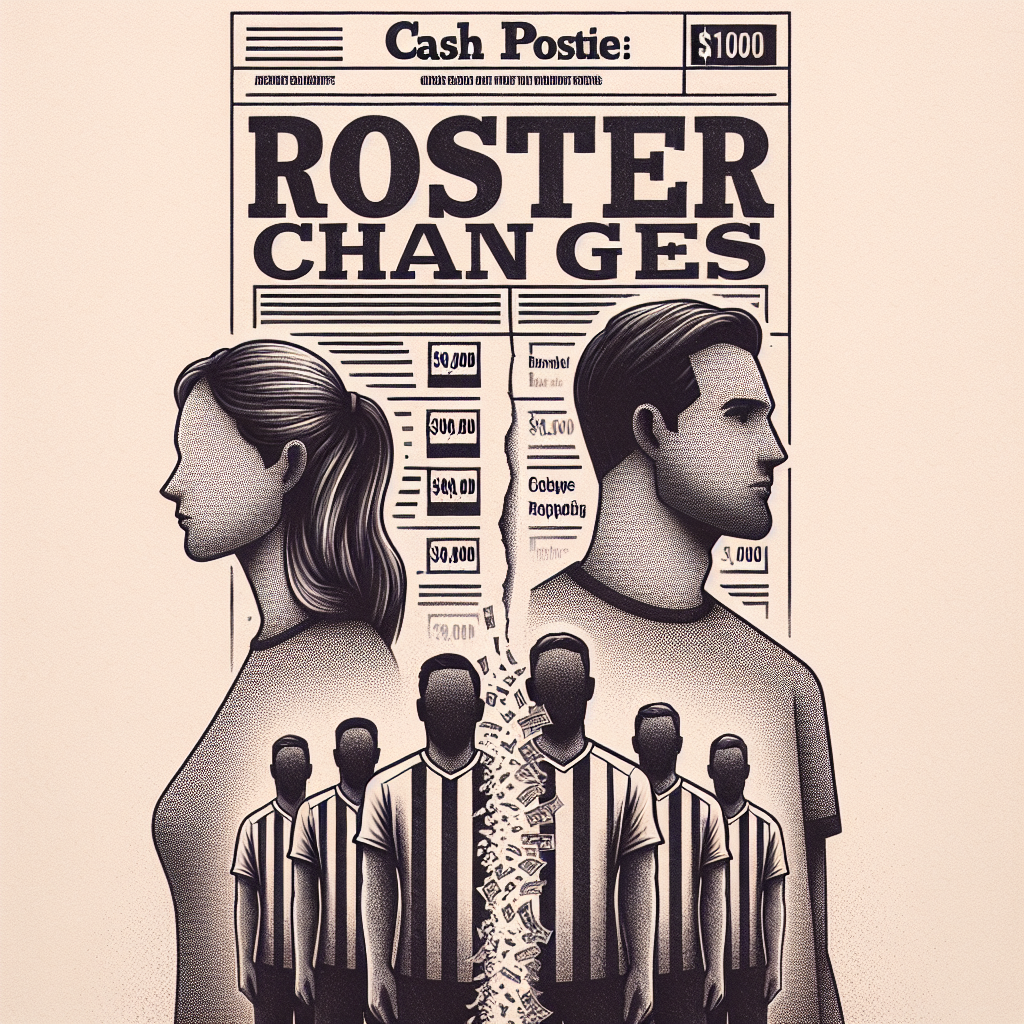Introduction

In a recent case that has caught the attention of investors and employment experts alike, a company was ordered to pay $10,000 following roster alterations that split a couple. The case has sparked a debate about the legitimacy of rules regarding workplace relationships and their potential impact on company culture and employee morale.
The Case
The company in question made roster changes that resulted in a couple, who were both employees, being split up. The couple claimed that the changes were made deliberately to separate them, which led to a significant amount of stress and ultimately, their resignation. The company was subsequently ordered to pay $10,000 in compensation.
Workplace Relationships and Company Policies
Workplace relationships can be a tricky issue for companies to navigate. On one hand, they can lead to conflicts of interest, favoritism, and potential legal issues. On the other hand, prohibiting them outright can be seen as an invasion of privacy and can negatively impact company culture.
According to employment experts, there can be legitimate rules about workplace relationships. These rules can include requiring employees to disclose any romantic relationships to their superiors or HR, prohibiting relationships between managers and their direct reports, or even implementing ‘love contracts’ that outline the expected behavior of employees in a relationship.
Investor Perspective
From an investor’s perspective, how a company handles workplace relationships can be indicative of its overall approach to HR and employee management. A company that handles such situations poorly can face legal repercussions, negative publicity, and a decrease in employee morale, all of which can impact its bottom line.
On the other hand, a company that has clear, fair policies in place and handles such situations with tact and professionalism can be seen as a good investment. Such a company is likely to have a positive company culture, high employee morale, and a lower risk of legal issues or negative publicity.
Case Impact on the Market
The recent case has not only sparked a debate about workplace relationships but has also drawn attention to the potential financial repercussions for companies. The $10,000 payout is a significant amount, especially for smaller companies or startups, and serves as a warning to other companies to ensure they have clear, fair policies in place regarding workplace relationships.
Summary
This case matters to investors as it highlights the importance of good HR practices and the potential financial repercussions of poor management. Investors should watch how companies handle such situations and the policies they have in place regarding workplace relationships. A company that handles these issues well is likely to be a good investment, while a company that handles them poorly could face legal issues, negative publicity, and a decrease in employee morale, all of which could impact its bottom line.
